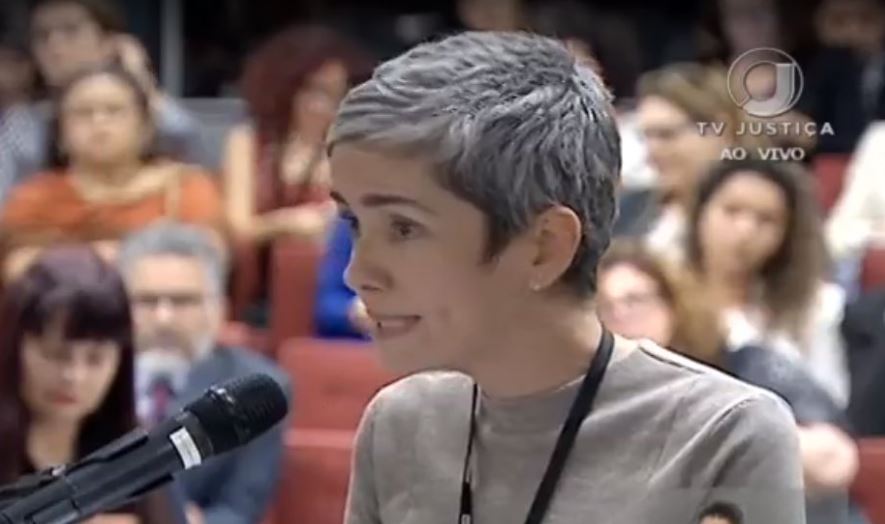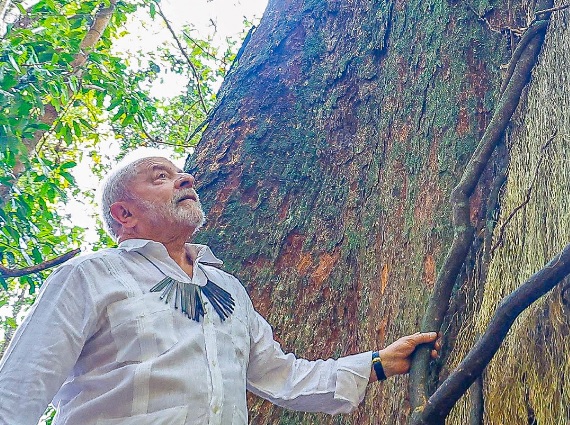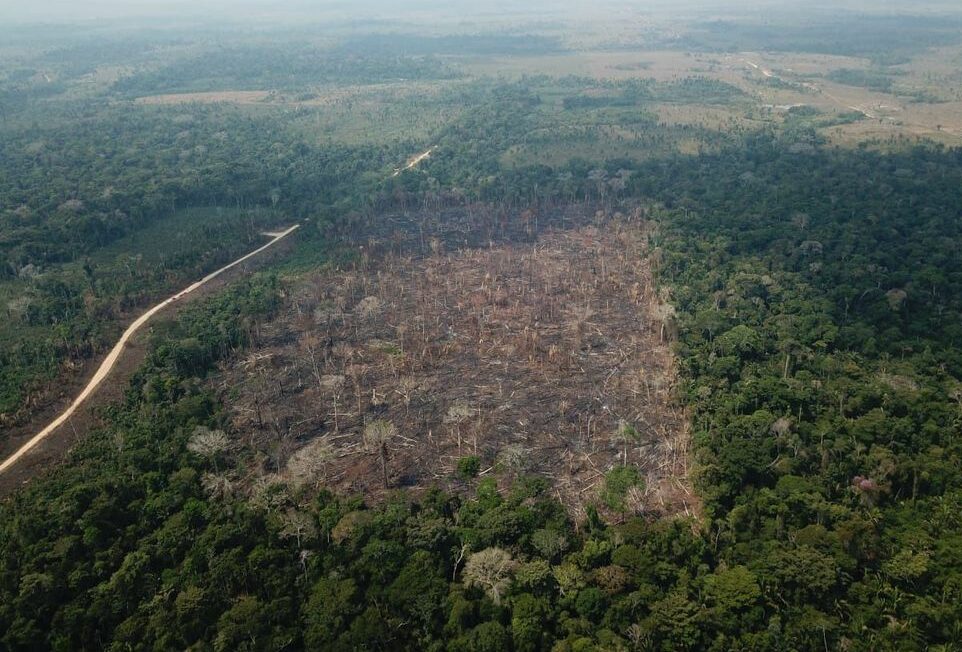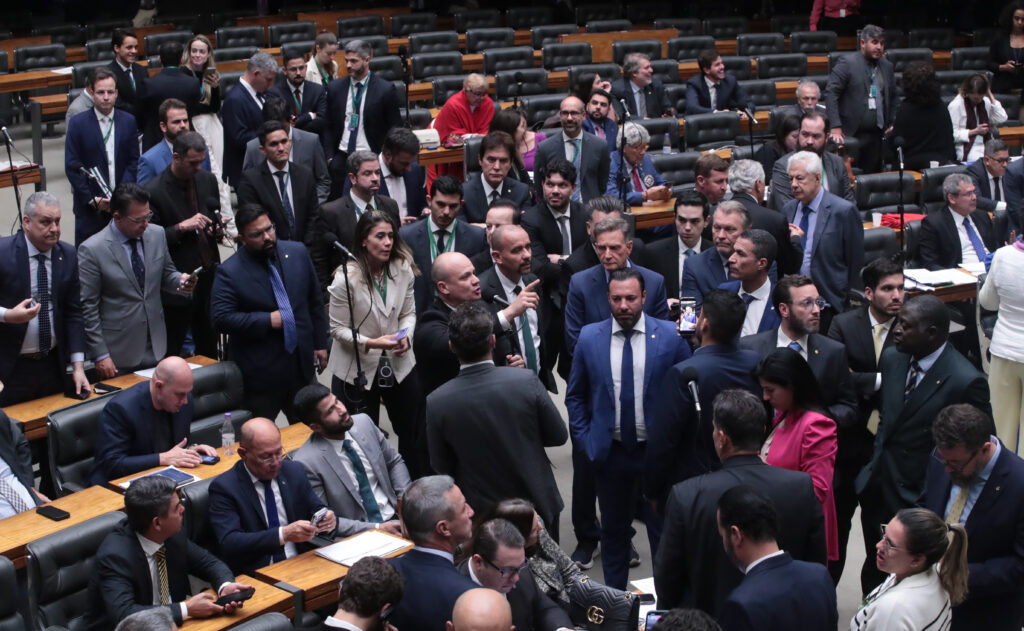In the same week that Brazil’s Supreme Court is due to hear a proposal to legalise abortion in the first 12 weeks of pregnancy, death threats have been made against leading activist Debora Diniz, who is now in hiding upon police recommendation.
Diniz, who is an anthropology professor at the University of Brasilia, worked with bioethics organisation ANIS to bring the case to court. She was part of a team of experts that appeared in a Human Rights Watch video, released earlier this week, proposing the decriminalisation of voluntary decisions to terminate a pregnancy before the 12-week mark.
In the video, Diniz outlined the marginalised communities she believes most suffer from the sometimes disastrous effects of current abortion laws, which include black women, female members of indigenous communities and young teenagers.
As a result, the professor received threats against her life via social media, Whatsapp and in person, where it is reported that a group of men arrived at congress claiming they wanted to to “talk to her.”
In a statement regarding the death threats, Human Rights Watch Americas director José Miguel Vivanco urged Brazilian authorities to provide necessary protection measures, adding, “It is deeply disturbing that Debora Diniz is facing death threats and was forced to enter police protection because she is defending women’s rights to make fundamental decisions about their bodies and lives.”
There are currently three instances in which a woman may legally have an abortion in Brazil, which include rape, risk to the mother, or in the instance that the baby may be suffering from anencephaly, a disease in which the foetus develops without a major part of its brain and skull.
The argument to legalise abortion within 12 weeks of pregnancy focuses on the astounding number of women who fall victim to the sometimes fatal consequences of illegal abortions in Brazil. Although exact numbers of abortion procedures carried out are difficult to define, according to Human Rights Watch data, approximately 250,000 women are hospitalised each year as a result of unsafe abortions. In 2016, 203 females reportedly died, say Brazil’s Ministry of Health.
However, those who wish for abortion to remain illegal tend to be influenced by religiously conservative beliefs, which remain deeply entrenched into Brazilian society, as a profoundly Catholic country with several politically active evangelical Christians.
Speaking to The Guardian via telephone, Diniz outlined the gravity of the Supreme Court Hearing, confirming she will still attend. “We are in a new moment,” she said. “It could change the criminalisation of abortion in the country, and that is why it is so important.”
The court hearing will see medical experts, researchers and pro-life groups from all over the world unite to speak about the topic.
In the context of neighbouring country Argentina, who next week will take a final vote on whether to legalise abortion, this issue could not be any more current. Just today, it was also reported that a group of 60 Irish MPs and Senators had sent a letter to Argentina calling on the country to legalise abortion, with the support of human rights organisation Amnesty International.
Following Ireland’s decision to legalise abortion earlier on this year, pro-choice activists across both Brazil and Argentina are hoping that courts will consider their demands and that people who threaten those who choose to speak out will be brought to justice.










